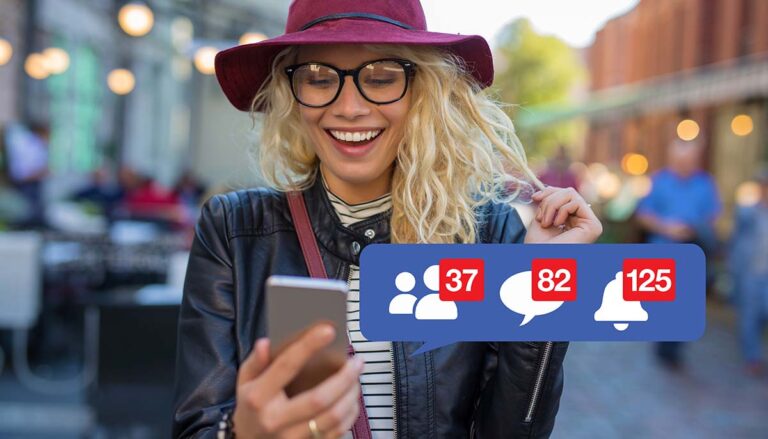A shocking new report claims Facebook spied on the private messages of its American users. The report claims that the social media gave messages to the FBI if they questioned the 2020 election or expressed any anti-government sentiments.
Facebook helped FBI spy on private messages of America
Facebook spied on the private messages and data of its American users, and if they questioned the 2020 election or expressed any anti-government or anti-authority sentiments – Meta reported them to the FBI, sources within the Department of Justice told the New York Post.
In a collaborative effort between Facebook and the FBI, someone at the social media network would red-flag private messages believed to be subversive and transmitted them in a redacted form to the domestic terrorism operational unit at FBI headquarters in Washington, DC.
Essentially, Facebook was red-flagging private conversations of “red-blooded Americans,” labeling all of them as “conservative right-wing individuals” as domestic terrorism for the FBI, according to the source.
Facebook denied the allegations on Tuesday. A spokesperson for Meta first said the claims about its interaction with law enforcement in the matter were “false,” but revised the statement an hour later to say that the claims were “wrong,” not false.
Operation ran for 19 months without subpoenas
This secret spying operation occurred over the past 19 months without a subpoena.
“It was done outside the legal process and without probable cause,” said one of the DOJ sources, who spoke to the posts on condition of anonymity. “Facebook provides the FBI with private conversations which are protected by the First Amendment without any subpoena.”
Subpoenas after-the-fact
According to the source, the domestic terrorism operational unit at the FBI in DC, within farm messages out as “leads” to FBI field offices across the country. These offices would then request subpoenas from partner US attorney’s offices in their district to “officially” obtain the private conversations they had already been shown from Facebook.
When local FBI field office agents investigated the Facebook users who were targeted – sometimes using covert surveillance techniques – nothing criminal or violent turned up, according to the source.
“It was a waste of our time,” a source familiar with the subpoena requests said.
FBI pattern of social media manipulation
Back in late August, during a podcast interview with Joe Rogan, Facebook boss Mark Zuckerberg inadvertently revealed the FBI briefed the social media network before the 2020 election, warning of Russian propaganda. This led to Facebook banning a legitimate story by the New York Post about Hunter Biden’s laptop.
“When something like that turns out to be real, is there regret for not having it evenly distributed and for throttling the distribution of that story?” Rogan asked Zuckerberg.
“Yeah, it sucks,” Zuckerberg said. “It turned out after the fact, the fact-checkers looked into it, no one was able to say it was false.”
“I think it sucks, though, in the same way that probably having to go through a criminal trial but being proven innocent in the end sucks,” Zuck added.
Rogan then asked Zuckerberg if the FBI specifically asked about the Post story about Hunter’s laptop.
“No,” Zuckerberg replied. “I don’t remember if it was that specifically, but it basically fit the pattern.”
Facebook has been called out for “spying” on users before
In 2019, TechCrunch first broke the story that “Facebook has been secretly paying people to install a ‘Facebook Research’ VPN that lets the company suck in all of a user’s phone and web activity.”
Back in 2018, Facebook admitted to “scanning” the messenger conversations of its users, The Next Web reported. The company told Bloomberg it analyzes Messenger conversations to prevent abuse. Messages that violate standards are read by moderators who can then block or take them down.
That incident followed a previous privacy scandal in which the personal information of 87 million users was scooped up by a data analytics firm.





